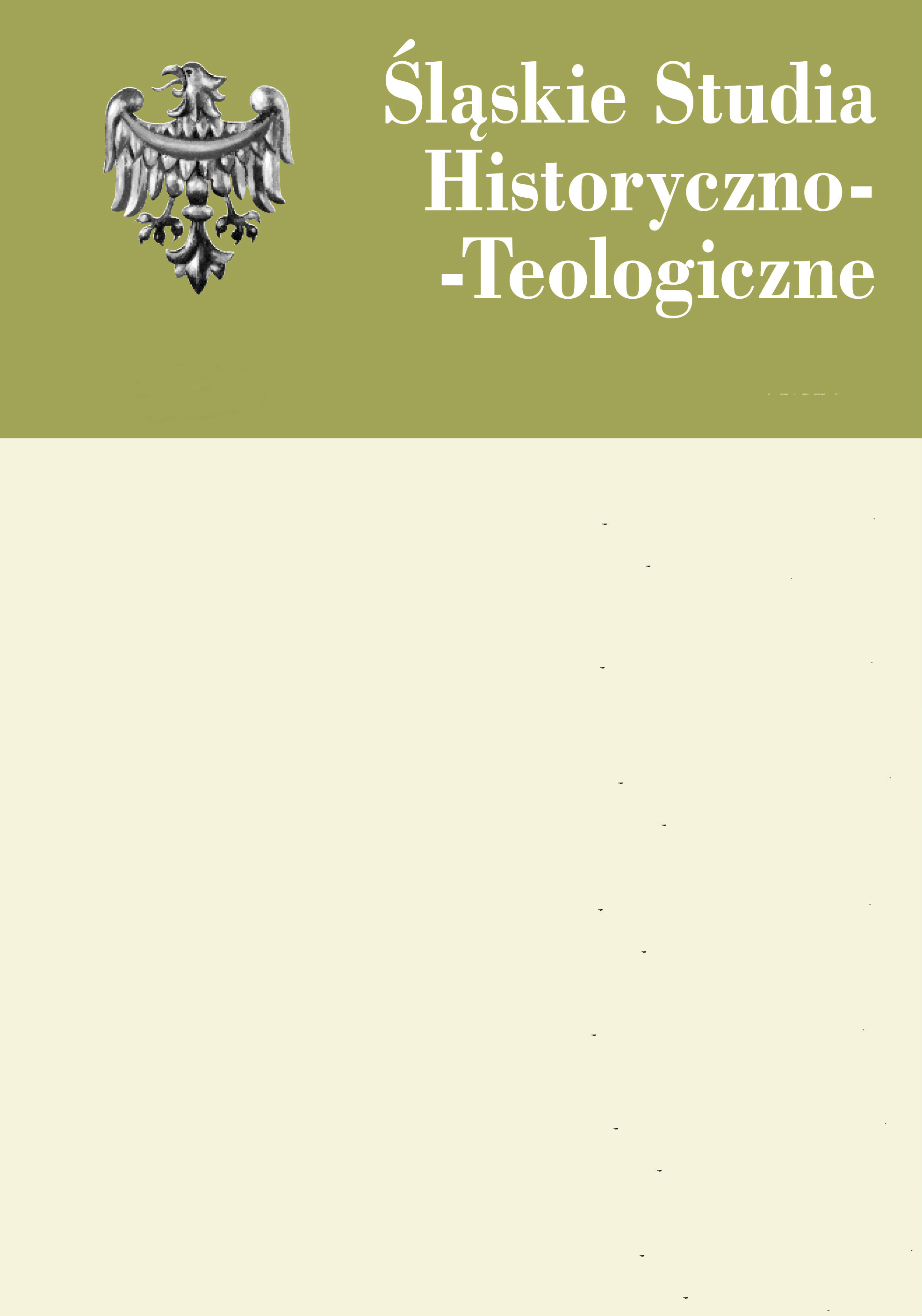Teologia – filozofia: antropo-logika komplementarnej służby
Theology–Philosophy: Anthropo-Logic of Complementary Service
Author(s): Jerzy CudaSubject(s): Christian Theology and Religion
Published by: Księgarnia Świętego Jacka
Keywords: Anthropo-logic of the relationship between faith and reason; philosophy serving theology: theology serving philosophy; philosophy-theology: complementarity of the common service to human beings
Summary/Abstract: The history of Christian doctrine has been accompanied by a conviction that there are two different orders of knowledge: reason and faith. In the course of this history, there have emerged many models of the interaction between philosophy and theology. This article presents three models of the relationship between faith and reason (theology-philosophy). An example of the first model can be found in antiquity and in the Middle ages; it presents philosophy as a “servant” of the-ology (philosophia: ancilla theologiae). In the 20th century the relationship between philosophy and theology entered a new hermeneutical era. Philosophical hermeneutics (ars interpretandi) began to function as a hermeneutical philosophy; so its objective was expressed in the quest for comprehensive understanding of the (meaning of) human history. This objective became at the same time paradoxical, because reason must understand this whole and at the same time it is not able to do so. Nothing else than this paradox, working in the dialogical relationship between reason and knowledge coming from faith, can help reason reach its objective. Theology (ancilla hermeneuticae) also may become the “servant” of philosophy (theologia: ancilla philosophiae). Hopes exercised by reason may participate in the Christian hope. Thanks to God’s revelation human beings are capable of understanding their promised identity. This identity («narrative identity»), interpreted as promised and assigned, requires cooperation between reason and faith. Precisely in the context of this necessary cooperation one should consider the problem of the common service of philosophy and theology involved in the process of creative (dialogical) actualization and the identity of a human being (theologia et philosophia: ancillae hominis).
Journal: Śląskie Studia Historyczno-Teologiczne
- Issue Year: 46/2013
- Issue No: 1
- Page Range: 65-75
- Page Count: 10
- Language: Polish

